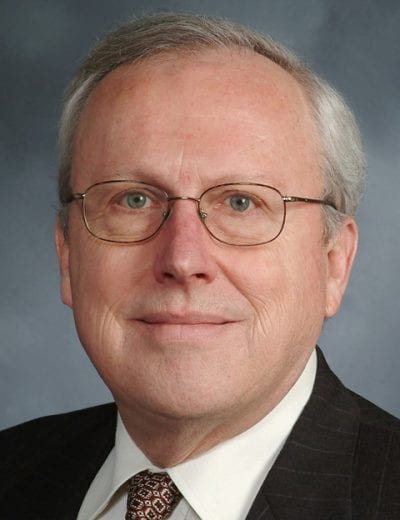
These projects were made possible from Cure Alzheimer's Fund support.
| Project Description | Researchers | Funding |
|---|---|---|
| Role of Microglia in Degradation and Trimming of Alzheimer’s Amyloid Beta |
2021-2022 $345,000 |
|
| Regulation of Microglial Lysosome Acidification |
2016, 2017, 2019 $420,006 |
These published papers resulted from Cure Alzheimer’s Fund support.
Solé-Domènech, S., Rojas, A. V., Maisuradze, G. G., Scheraga, H. A., Lobel, P., & Maxfield, F. R. Lysosomal enzyme tripeptidyl peptidase 1 destabilizes fibrillar A beta by multiple endoproteolytic cleavages within the beta-sheet domain, Proceedings of the National Academy of Sciences of the United States of America, February 13, 2018, Read More
Tcw, J., Qian, L., Pipalia, N. H., Chao, M. J., Liang, S. A., Shi, Y., Jain, B. R., Bertelsen, S. E., Kapoor, M., Marcora, E., Sikora, E., Andrews, E. J., Martini, A. C., Karch, C. M., Head, E., Holtzman, D. M., Zhang, B., Wang, M., Maxfield, F. R., Poon, W. W., & Goate, A. M. Cholesterol and matrisome pathways dysregulated in astrocytes and microglia, Cell, June 23, 2022, Read More